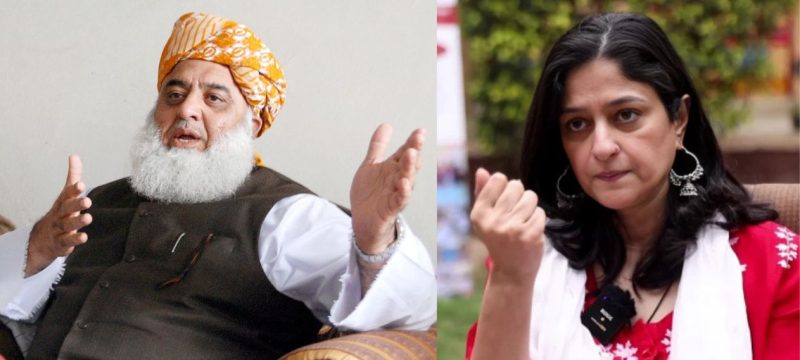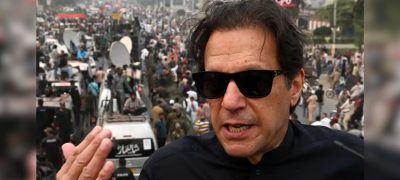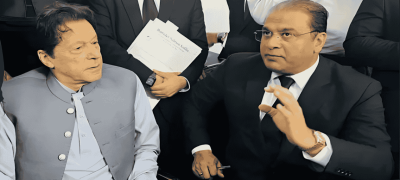Jamiat Ulema-e-Islam-Fazl (JUI-F) chief Maulana Fazlur Rehman has strongly opposed the newly passed Child Marriage Restraint Act 2025, announcing a nationwide protest campaign to “raise awareness” about what he claims is a law conflicting with Islamic principles and cultural norms.
Speaking at a press conference, the veteran politico rejected the legislation, which sets a legal minimum age for marriage and criminalizes underage unions. According to Fazlur Rehman, the bill unfairly targets traditional practices while turning a blind eye to what he described as the legal tolerance for “extramarital relationships.”
Read more: Pakistan Outlaws Child Marriage with Up to 3-Year Jail and Rs 1 Lakh Fine
“The bill is a clear contradiction of our religious values and societal traditions,” he stated, vowing to mobilize supporters across the country in opposition to the law.
However, the announcement was met with strong backlash from activists and members of civil society. Renowned actress and human rights advocate Nadia Jamil publicly questioned Maulana Fazlur Rehman’s priorities. Taking to social media, she criticized the JUI-F leader for his silence on far more pressing issues affecting children in Pakistan.
“Where is his outrage when it comes to bacha baazi, child abuse, or the complete absence of strong child protection laws?” she asked. “Why protest a bill that aims to safeguard our children from forced and underage marriages?”
Her remarks sparked a broader conversation online, with many echoing her sentiments and urging religious and political leaders to focus on protecting vulnerable children rather than opposing laws designed for their welfare.
The Child Marriage Restraint Act 2025 has been hailed by rights organizations as a significant step forward in addressing child exploitation and promoting education and health among young girls. Despite opposition from conservative quarters, supporters of the bill maintain that it is a crucial tool in ending child marriage and aligning Pakistan with global human rights standards.
As tensions rise over the legislation, the nation watches closely to see whether the upcoming protests will gain momentum — or provoke a stronger pushback from civil society.









